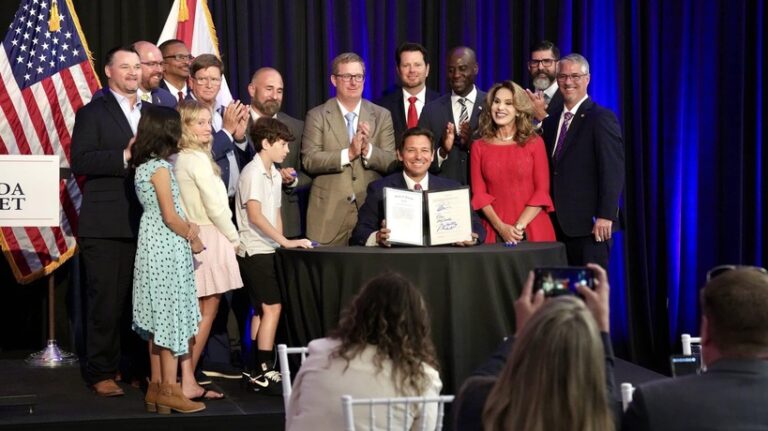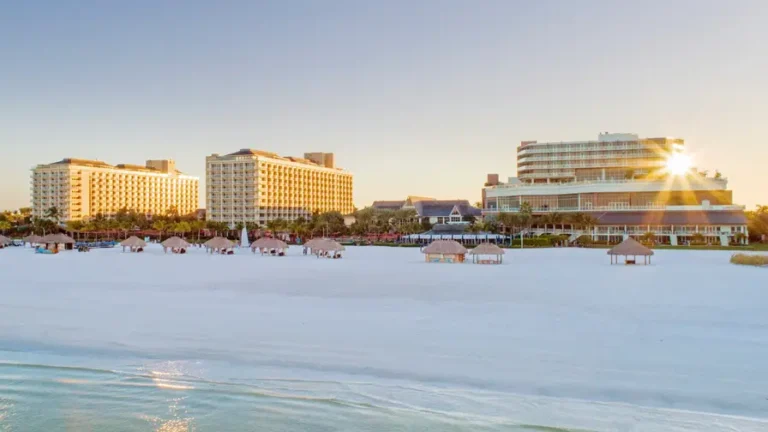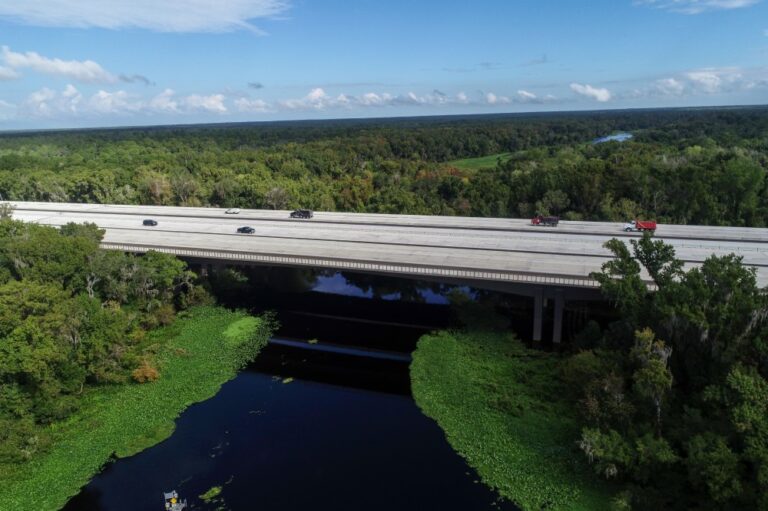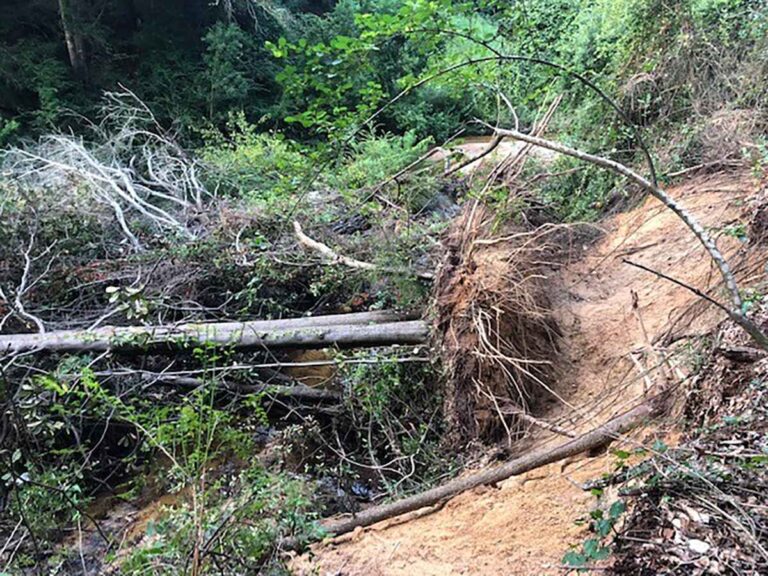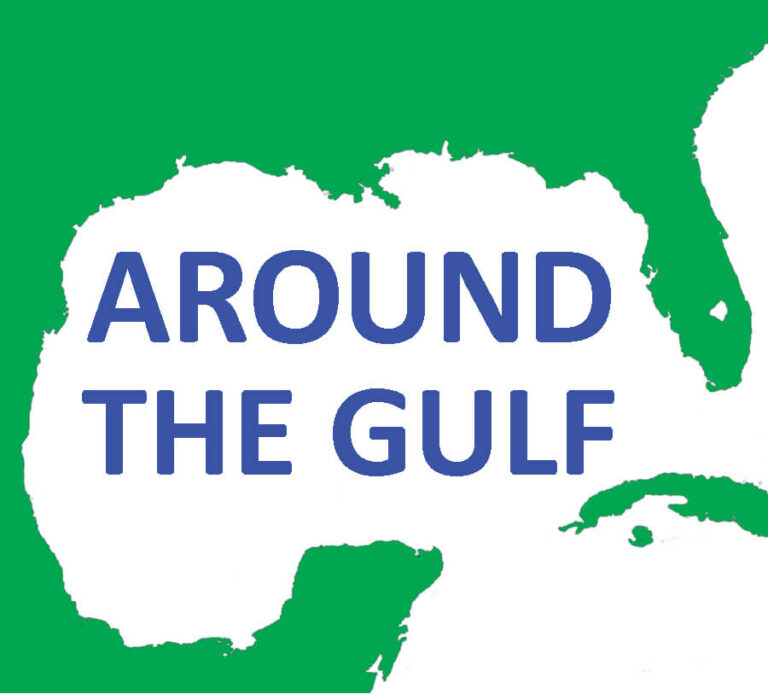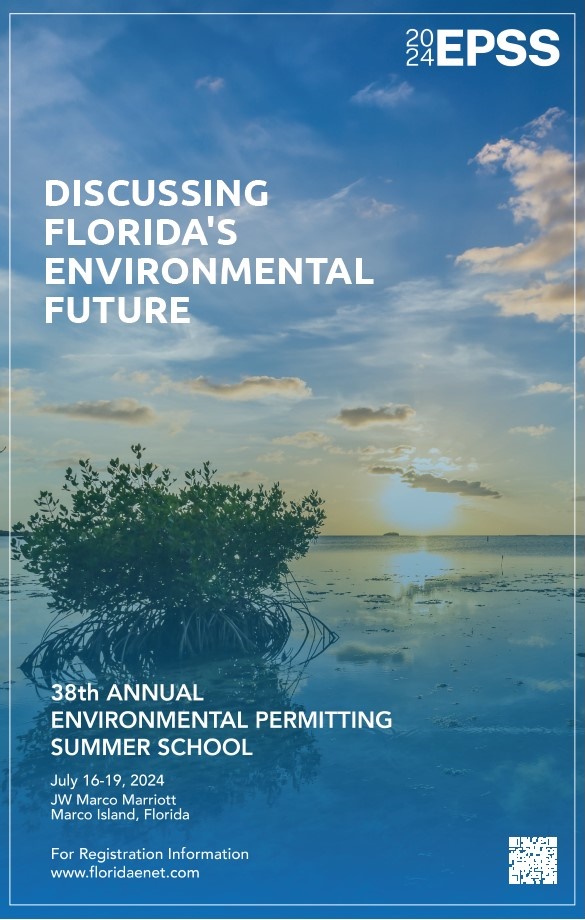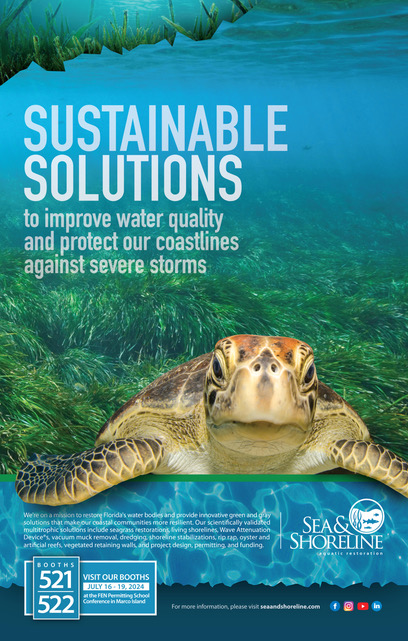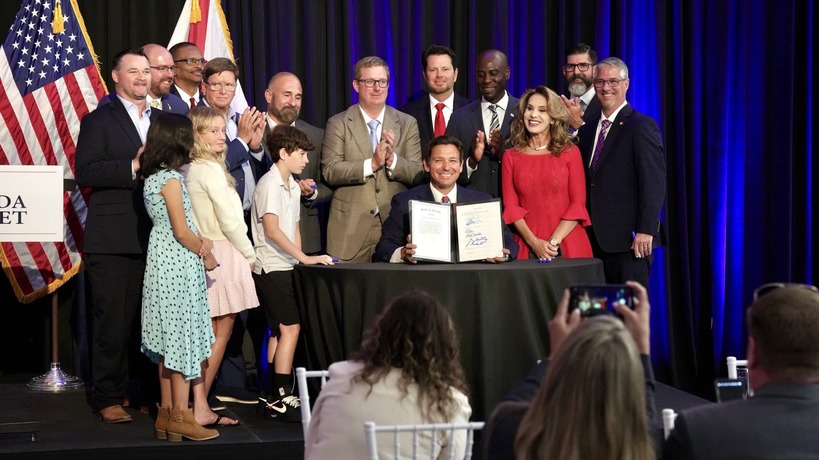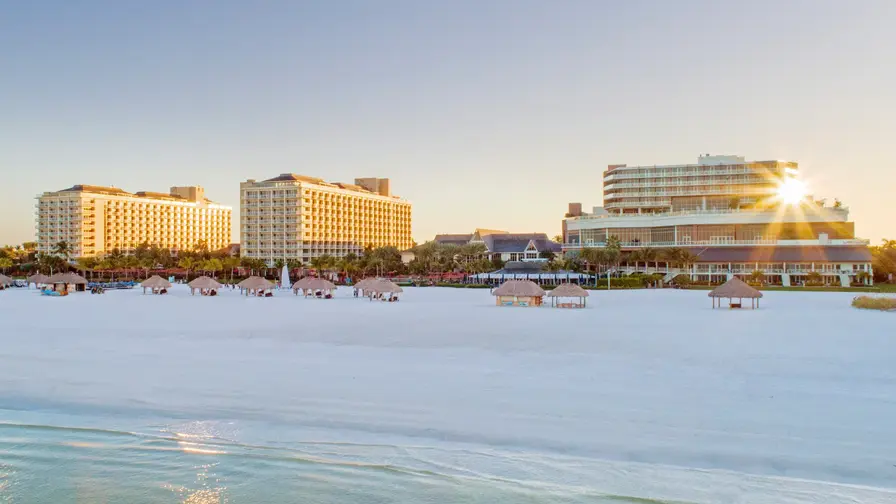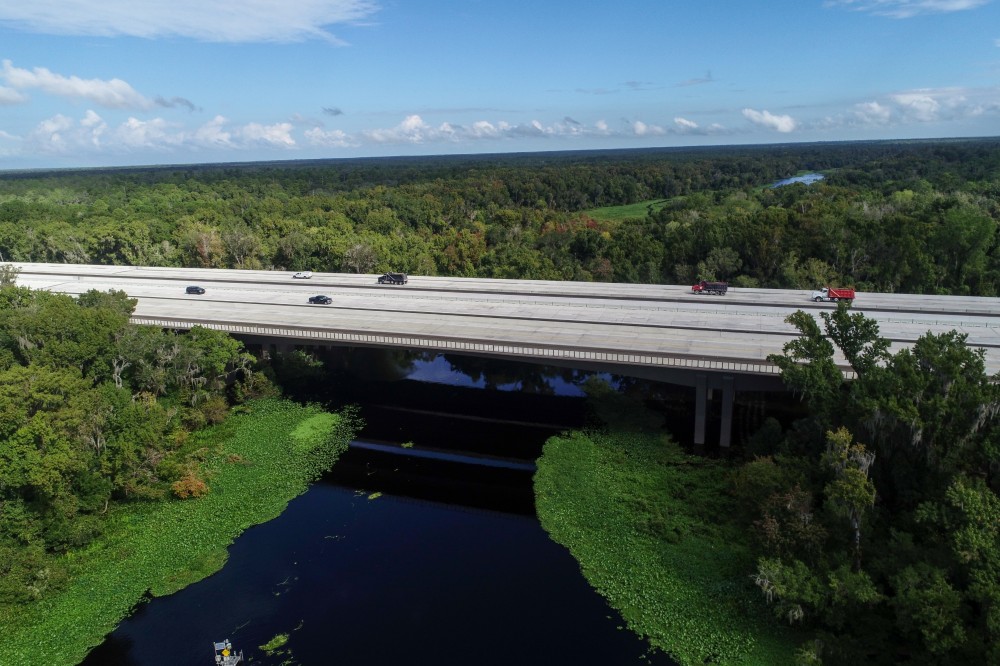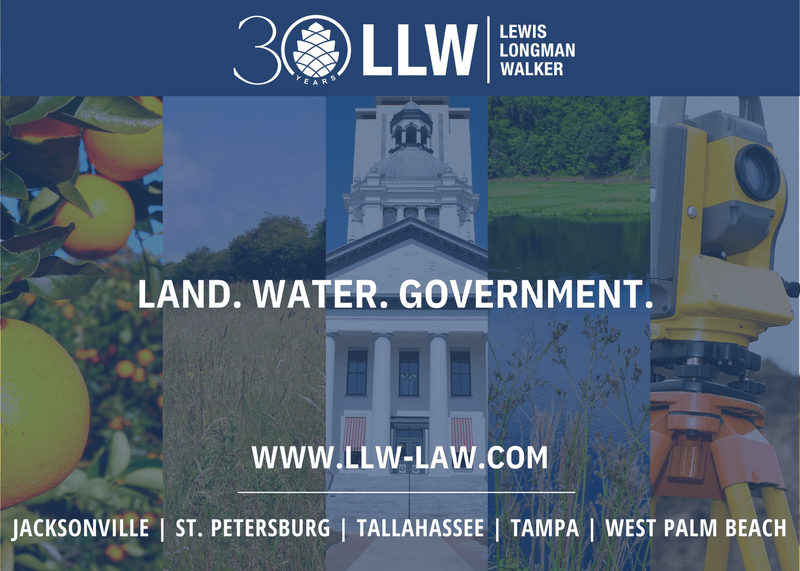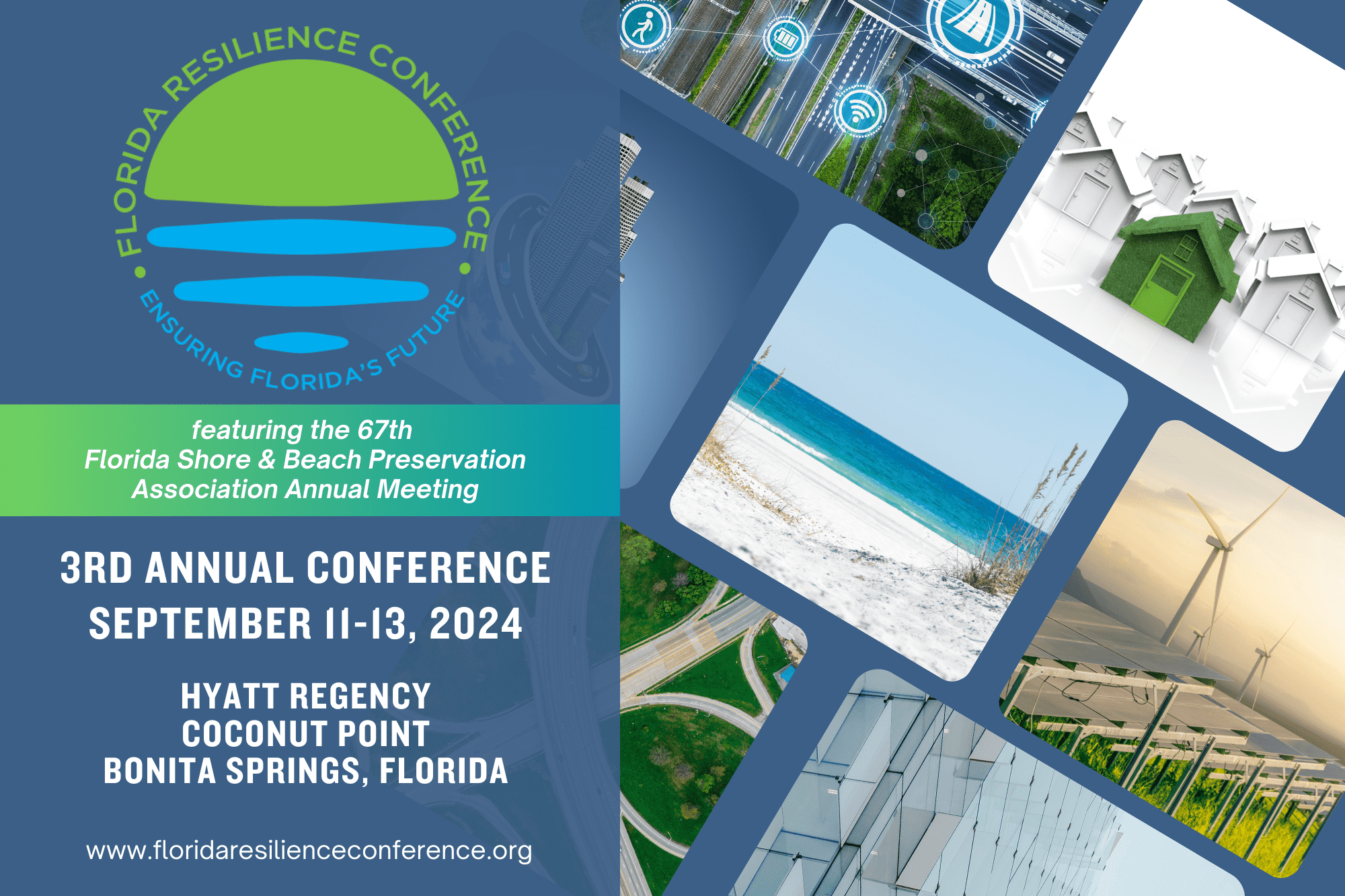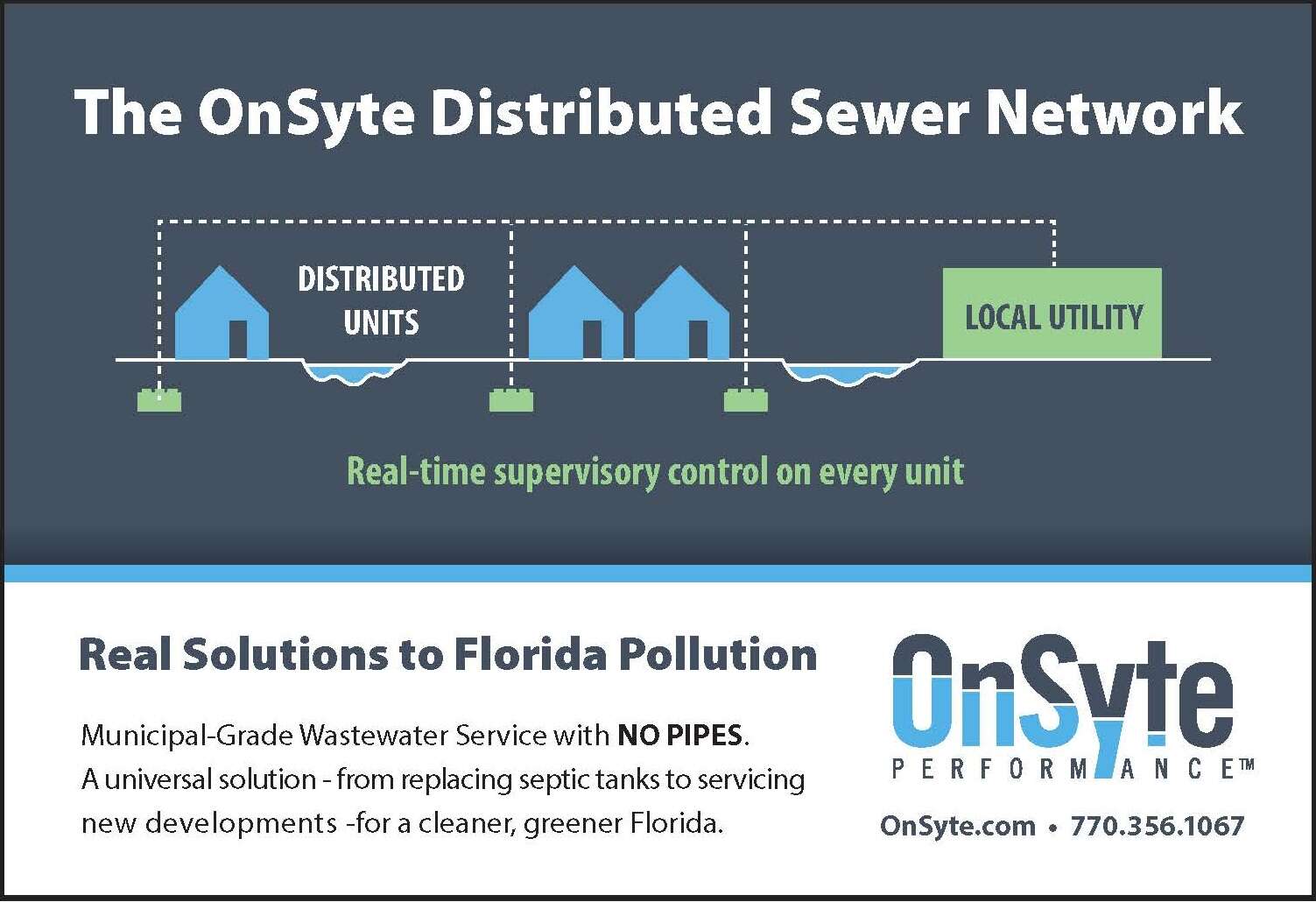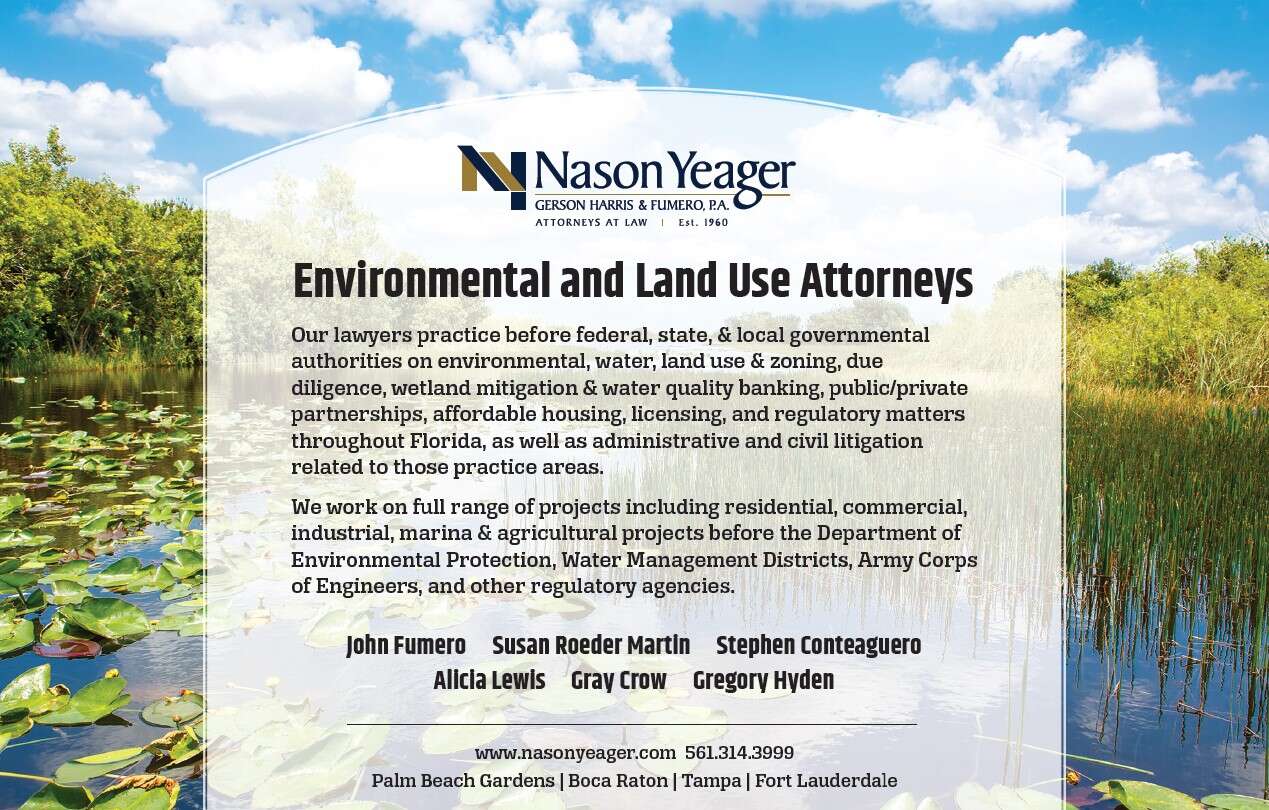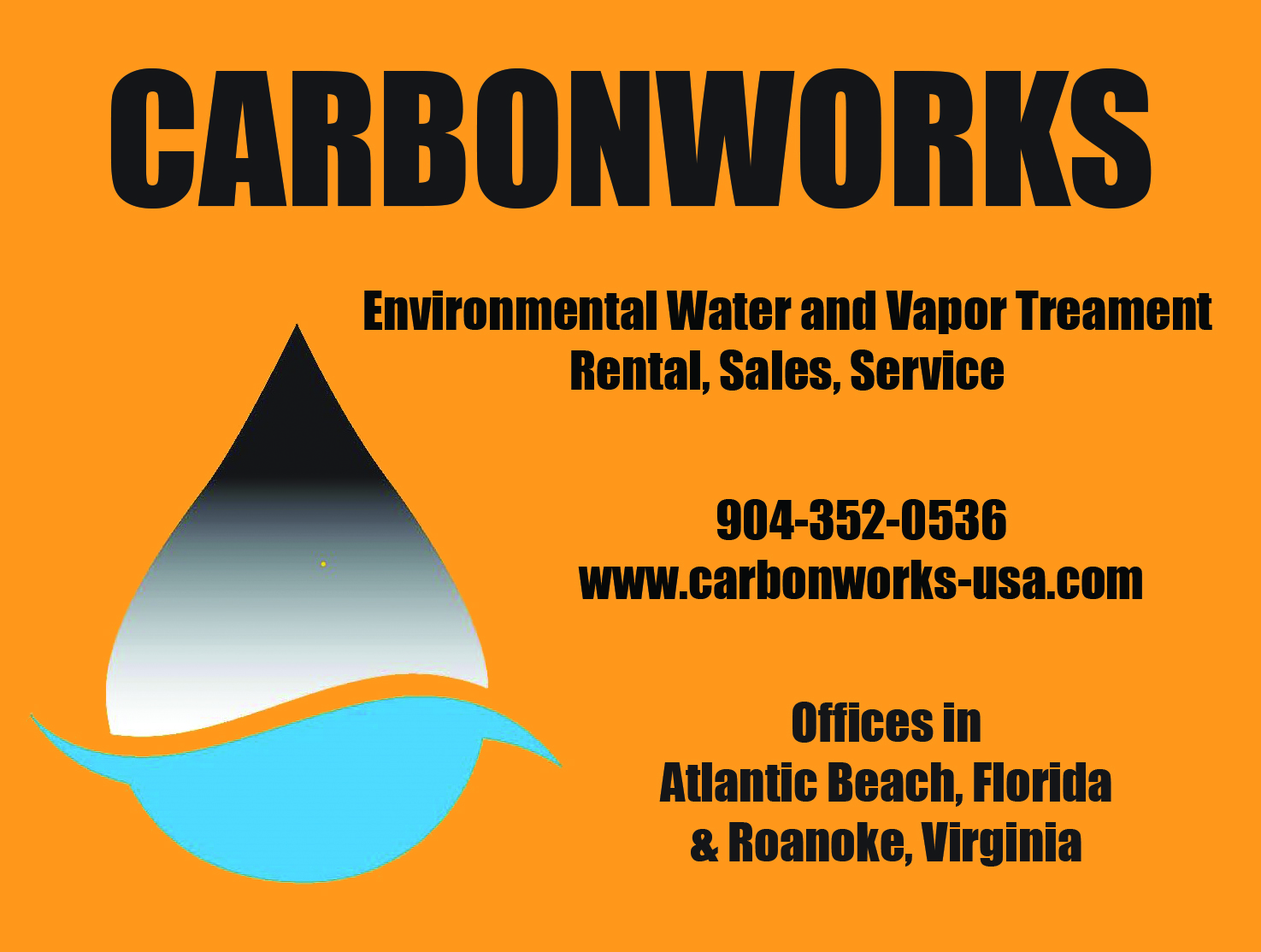By VICTORIA BRUCE
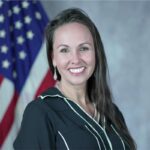
It is an intricate dance between economic development and environmental protection. We must balance both as best as possible; and we are constantly learning as we go. However, when regulations and policies change unexpectedly, it puts industry in disarray.
There are thousands of projects – from residential developments to environmental restoration endeavors – that are experiencing significant federal permitting delays due to a recent unforeseen change; with a huge threat of starting the entire permitting process over.
In 2020, when the State of Florida officially assumed the responsibilities of implementing the Section 404 of the Clean Water Act (CWA) from the U.S. Army Corps of Engineers (USACE); which handles the regulation and permitting of Waters of the United States (WOTUS), we were hopeful that this change was good for the industry.
For several years, companies spent time and money, held and attended workshops and prepared to transition the program from USACE to FDEP. Four years later, when a court sided with environmental groups and removed it from state and sent it back to the federal government, it took industry leaders by surprise, delayed permitting for projects, and effectively led to a waste of that prior time and effort.
Now, we have time-sensitive projects, such as Everglades Restoration, new schools, affordable housing, fire stations, roads, bridges, commercial construction and residential housing that are now in limbo, since the regulatory agency for CWA permitting has suddenly changed. What many may not appreciate is the businesses involved in these critical projects have spent a significant amount of time and money in the permitting process with FDEP and now must start the process all over again with the USACE!
Businesses like mine and yours are negatively impacted by this uncertainty and significant time delay. It appears from the surface that the environmental permitting and economic development may be in jeopardy. Constant regulation changes, politics changes, and policy changes disturb the economic climate in Florida. It hurts small businesses, like mine, in the wetland mitigation industry. Many projects are stalled due to this change, and further delays in permitting means more delays in selling mitigation credits.
As efforts to address this regulatory upheaval continue, one thing remains clear: the importance of ongoing collaboration between state and federal entities in navigating the complex landscape of environmental regulations. Balancing the need for economic development with the imperative of environmental stewardship requires a delicate touch and a commitment to finding common ground.
Despite the current disruption, the State of Florida’s 404 Program remains essential for maintaining environmental integrity and facilitating sustainable development. As stakeholders work tirelessly to resolve this crisis, let us not lose sight of the ultimate goal: preserving our natural resources for future generations while fostering responsible growth and prosperity.
Victoria K. Bruce is the CEO of The Mitigation Banking Group, Inc., a full-service wetland mitigation credit company


